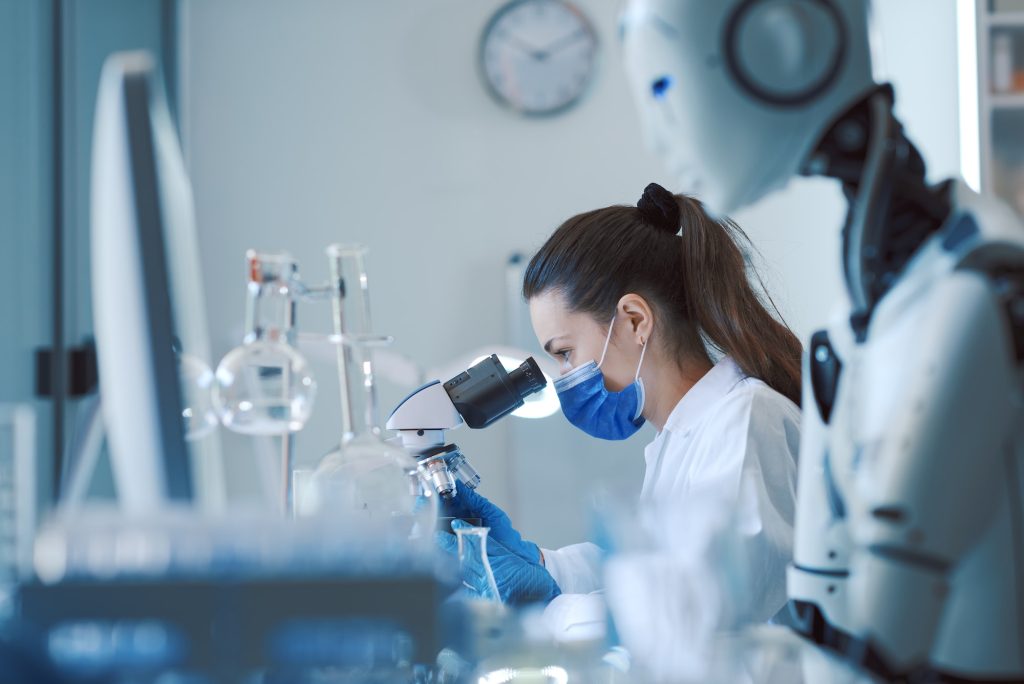
Artificial Intelligence (AI) has become integral to our daily lives, revolutionizing how we interact with technology. AI transforms various aspects of our lives, from voice assistants to personalized recommendations. This essay explores some examples of AI in everyday life and highlights its impact on society.
One prominent example of AI in everyday life is virtual personal assistants like Siri, Alexa, and Google Assistant. These voice-activated assistants use natural language processing and machine learning algorithms to understand user commands and perform tasks accordingly. They can answer questions, set reminders, play music, control smart home devices, and even engage in casual conversations. Virtual personal assistants have made our lives more convenient by providing quick access to information and simplifying daily tasks.
Another significant application of AI is seen in recommendation systems used by streaming platforms like Netflix and Spotify. These systems analyze user preferences and behavior patterns to suggest personalized content. By leveraging machine learning algorithms, these platforms can accurately predict what movies or songs a user might enjoy based on their previous choices or similar users’ preferences. This enhances the user experience and helps businesses increase customer engagement and retention.
AI has also made its mark in healthcare through applications such as medical diagnosis systems. These systems use machine learning algorithms to analyze patient data such as symptoms, medical history, lab results, and imaging scans to assist doctors in making accurate diagnoses. For instance, IBM’s Watson for Oncology analyzes vast amounts of cancer research data to provide treatment recommendations for oncologists. By harnessing the power of AI, healthcare professionals can improve diagnostic accuracy and provide better patient care.
In transportation, self-driving cars are a prime example of AI’s impact on everyday life. Companies like Tesla have developed autonomous vehicles that use sensors and advanced algorithms to navigate roads without human intervention. Self-driving cars have the potential to reduce accidents caused by human error while enhancing traffic efficiency through optimized route planning. Although still in the early stages, self-driving cars have the potential to revolutionize transportation and make commuting safer and more efficient.
AI has also found its way into the retail industry through chatbots. These AI-powered virtual assistants can engage customers, answer their queries, and provide personalized recommendations. Chatbots are available 24/7, ensuring customers receive prompt assistance outside business hours. They can handle multiple customer inquiries simultaneously, reducing waiting times and improving overall customer satisfaction.
In conclusion, AI has permeated various aspects of our lives and continues to shape our everyday experiences. From virtual personal assistants to recommendation systems, and medical diagnosis tools to self-driving cars, AI is transforming industries and making our lives more convenient, efficient, and enjoyable. As technology advances further, we can expect even more innovative applications of AI that will continue to revolutionize how we live and interact with the world around us.
